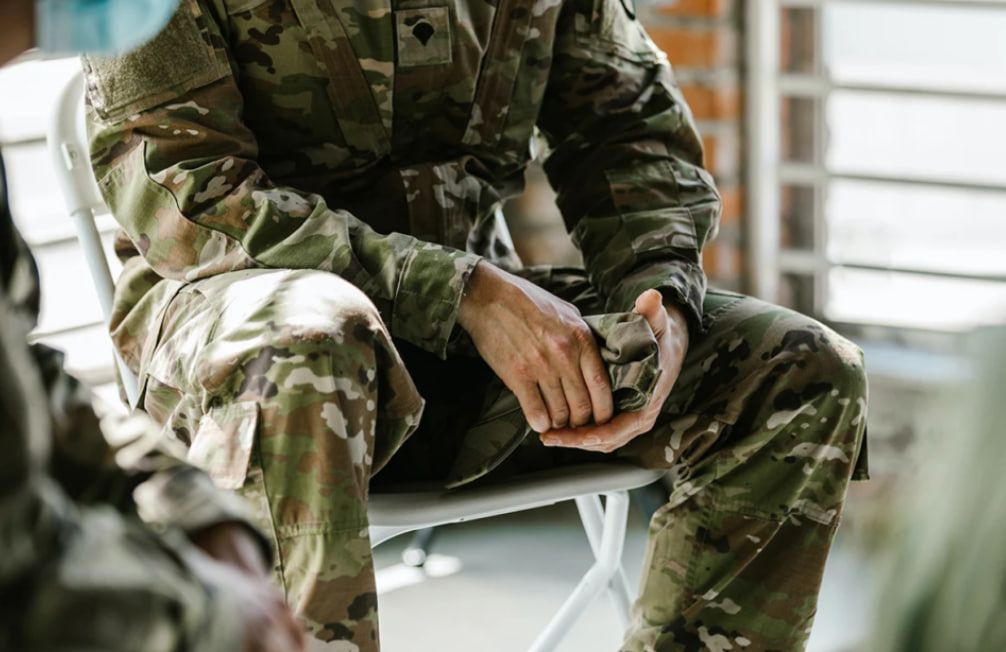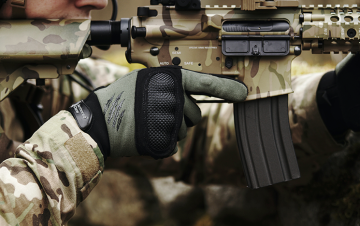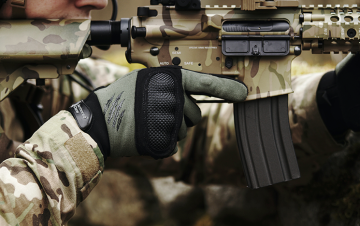I am studying in the third year of the State University of Economics and Technology.I specialize in contractual, economic and corporate law, in particular, I provide consultations and write articles.
During the period of armed aggression, unfortunately, the so-called war crimes, i.e., criminal and illegal acts that encroach on the order of military service, are becoming more relevant.
One of these crimes is "Disobedience" (Article 402 of the Criminal Code) and "Failure to comply with an order" (Article 403 of the Criminal Code).
- If you do not delve into the composition of these crimes and their legal features, it is quite difficult to notice the difference between them, but in fact it exists.
- The direct object to which the criminal influence of these acts is directed is the order of subordination and military honor.
- Analyzing the Disciplinary Statute of the Armed Forces of Ukraine, one can come to the conclusion that the commander has the right to issue orders and directives, and the duty of a serviceman subordinate to him is to comply with the orders issued.
- Under such circumstances, the order is a mandatory requirement that directly relates to military service and the performance of certain tasks.
- It is extremely important to remember that if the commander issues an obviously illegal order, the soldier is not obliged to carry it out.
Disobedience: composition, qualifying features, responsibility
- Disobedience to the commander is an open refusal to carry out the order.
- Analyzing this statement, we can come to the conclusion that the objective side of this crime are cases when a serviceman, having received an order, categorically refuses, or otherwise demonstrates that he will not carry out the order.
- At the same time, it is not important whether such disagreement is publicly expressed, or during a direct conversation with the commander.
- Another manifestation of disobedience is also possible, that is, when a soldier agrees to carry out an order issued by the commander, but in fact deliberately does not carry it out.
- Based on the above forms of disobedience, it can be argued that the subjective side is precisely the intentional form of guilt.
The subject of this crime is a military serviceman who, by his position and rank, is subordinate to the commander who issued the order.
- In case of disobedience, the commander is authorized to apply certain types of coercion, and in extreme cases, it will be about criminal liability.
- As for the qualifying features, i.e. those that increase responsibility for the committed crime, they can include the features provided for in Part 2 of Art. 402 of the Criminal Code (commitment by a group of persons, or causing serious consequences), as well as Part 3 of Art. 402 (committing a crime during a special period not related to martial law) and Part 4 of Art. 402 of the Criminal Code (committing an act under martial law or in a combat situation).
- As for responsibility, in the first case, it will be about a sanction of up to 2 years of service restrictions, or detention in a disciplinary battalion for the same period, or imprisonment for a period of up to 3 years.
- If the committed acts are qualified under part 2 of the same article of the Criminal Code, then responsibility in the form of deprivation of liberty for a period of 3 to 7 years is assumed.
- Committing under martial law, which is currently more relevant, will be punishable by imprisonment for 5-10 years.
Failure to comply with an order: composition, qualifying features, responsibility
- Moving on to the analysis of this socially dangerous act, one should start with the fact that it takes place in case of non-fulfilment of the order, in the absence of signs of Part 1 of Art. 402 of the Criminal Code, as well as if such an act caused serious consequences.
- Based on this, it can be argued that in case of failure to comply with the order, that is, the commission of a crime under Art. 403 of the Criminal Procedure Code, there is no condition for the objective party to have an open statement of unwillingness to comply with the order, and the occurrence of grave consequences is mandatory, and it is from the moment of their occurrence that the crime will be considered completed.
- The legislator does not provide clarification on what exactly can be considered serious consequences. The subjective side is characterized by a careless form of guilt.
The subject, in turn, is a military serviceman who, according to his position and rank, is subordinate to the commander, which is similar to the above composition.
- Qualifying features include committing a crime during a special period (not related to martial law) and committing a crime during a period of martial law or in a combat situation.
- As for liability, a sanction in the form of service restrictions (up to 2 years), detention in a disciplinary battalion (up to 1 year) or imprisonment (up to 2 years) is provided.
- If we are talking about the presence of qualifying features, for example, the commission of a crime during martial law, in a combat situation, then responsibility in the form of imprisonment for 5-8 years is assumed.
Military criminal lawyer services:
Military lawyer assistance may be needed at any stage of criminal proceedings. Starting with the pre-trial investigation and ending with the trial, the military lawyers will provide quality legal assistance to his client, accompanying him in investigative actions, collecting and analyzing evidence, drafting procedural documents, and representing his interests in court. Therefore, the military lawyer consultation are an indispensable element of successful case management.
































